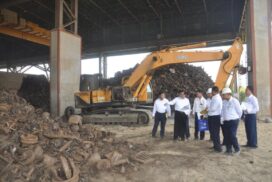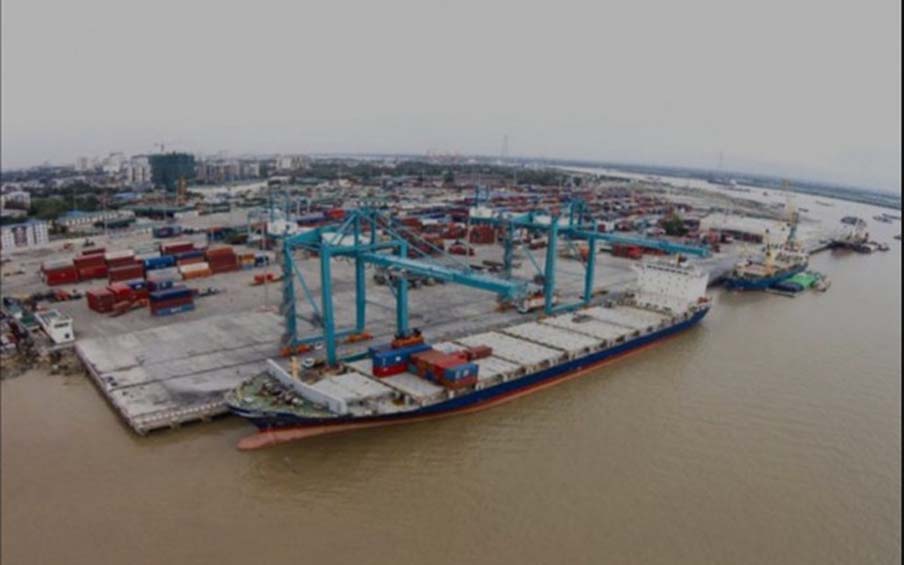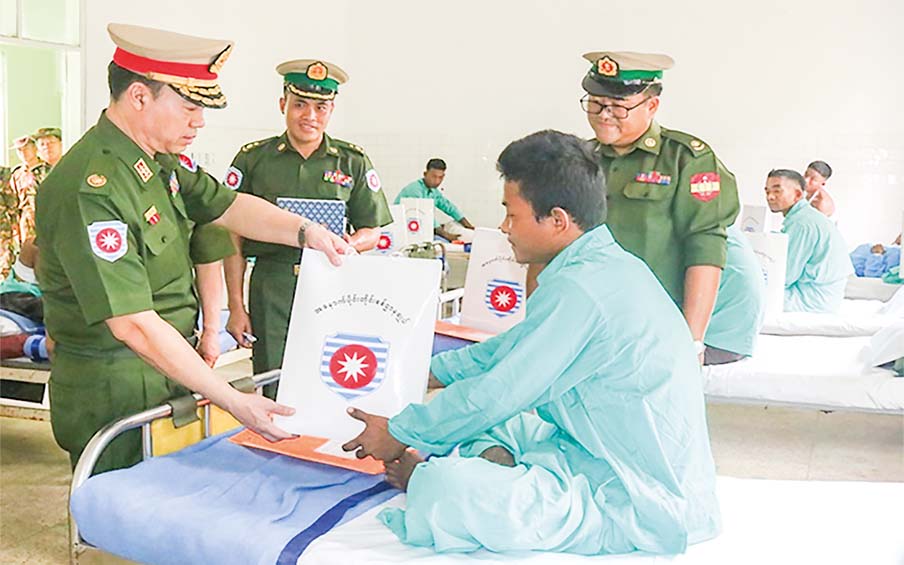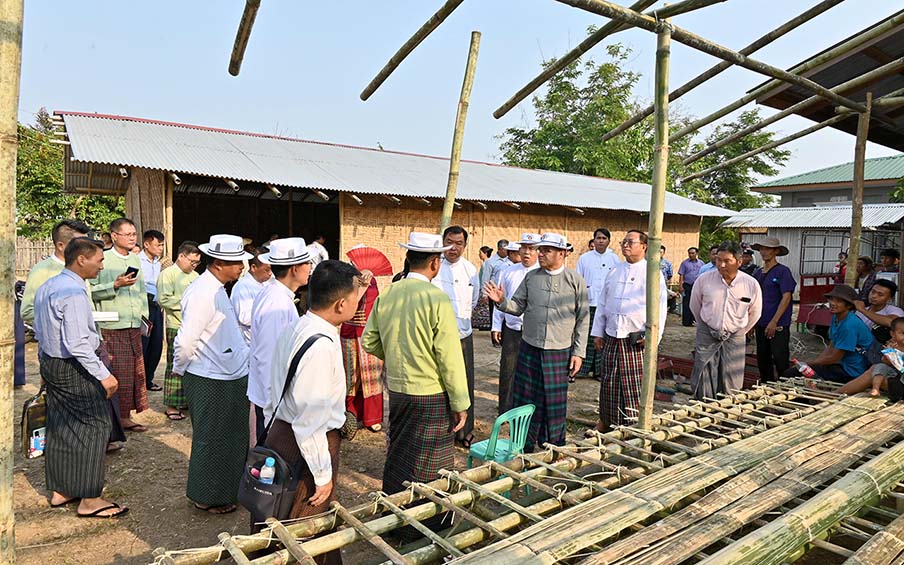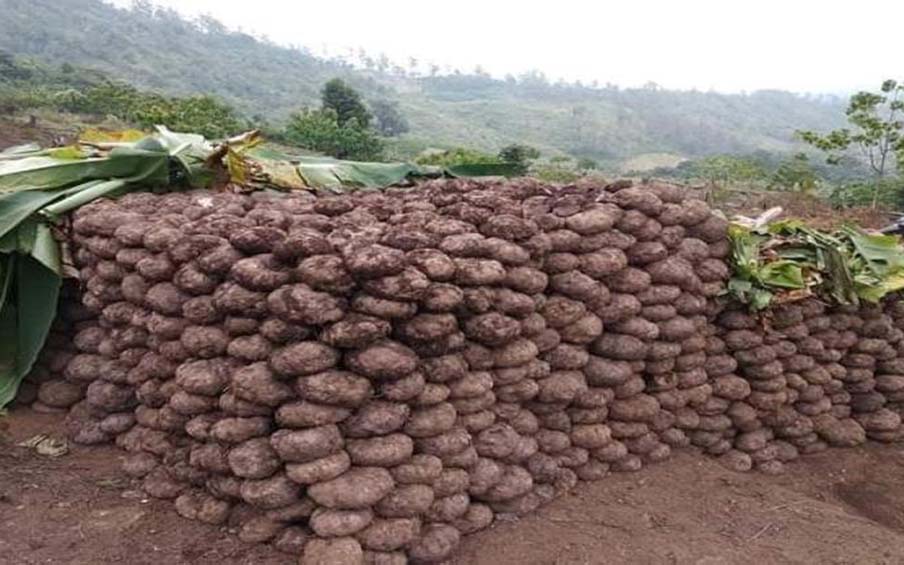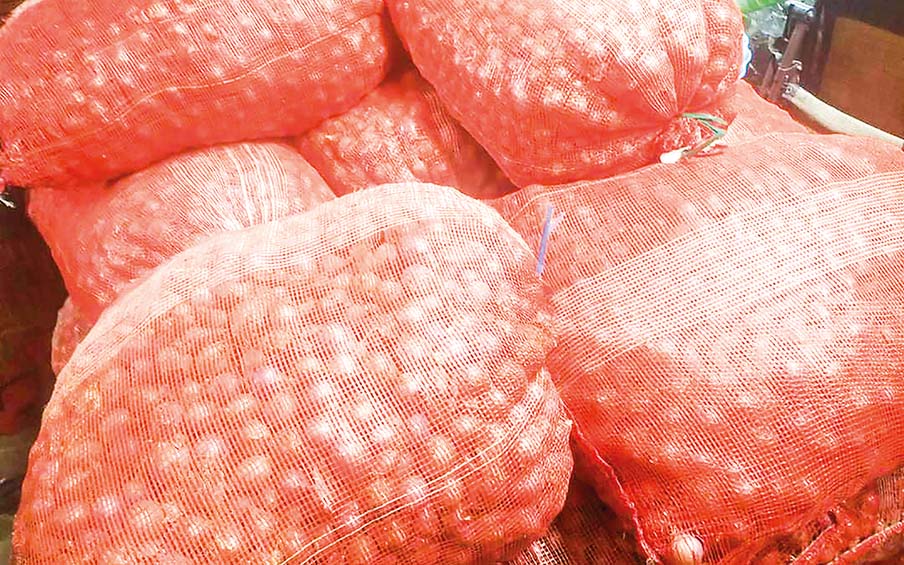Monsoon always brings in rains to Myanmar but floods, inundation, water erosion, landslides, damage of roads, outage of electricity, system breakdown, lightning, dengue fever and influenza as well as various natural disasters also come to all parts of the county without invitation.
Among various catastrophes, outbreaks of DHF and influenza are various dangerous for children. Hence, people should clean cleaning of unnecessary water in society and fumigate the environment of residences. In fact, the wet situation in monsoon is inappropriate for people with dirtiness as welcoming waterborne diseases.
Hence, preventive measures against diseases should be taken for the health of schoolchildren. If not, those children will suffer from stomach and digestive problems because of the Aedes mosquito and unhealthy foods. Hence, sanitation and beautification tasks must be done at schools with systematic drainage facilities and officials need to restrict the sale of unhealthy foodstuffs to students.
People need to have health awareness about symptoms of DHF and fever, and if they themselves and anyone of their families need to take healthcare services of health staff in time. Local authorities need to arrange community movements to fight against DHF and clean the environment with spray.
Moreover, people should take care of the continuous danger of Covid-19 with preventive measures of wearing face masks as such an endemic may speedily spread in monsoon. As part of preventive movements, people need to wash their hands and faces after holding anything and whenever they return home.
In the monsoon, water may be easily unclean. So, people need to take care of drinking water as underground water in Yangon and deltaic areas of Myanmar contain a high percentage of arsenic elements. If necessary, people should drink the boiled water in monsoon.
In addition, human excrement may spread in some parts of the nation in monsoon due to undisciplined disposal. Hence, toilets, as well as latrines, must be safe for users as well as for the environment. People need to systematically dispose of garbage in pits for the prevention of rats and flies.
If people are absent to follow health disciplines, they may suffer from elephantiasis, malaria, DHF, diarrhoea, typhoid, hepatitis A, plaque, leptospirosis, food poisoning and waterborne infectious diseases. Foodstuff and vegetables must be washed with salty water before use. They have to avoid too much ripening of fruits. If people suffer from any infectious diseases, they have to inform the health bodies about their health conditions in time not to infect other people so as to overcome health challenges.
Overcome challenges of health problems in monsoon
- June 04, 2023
- 242

